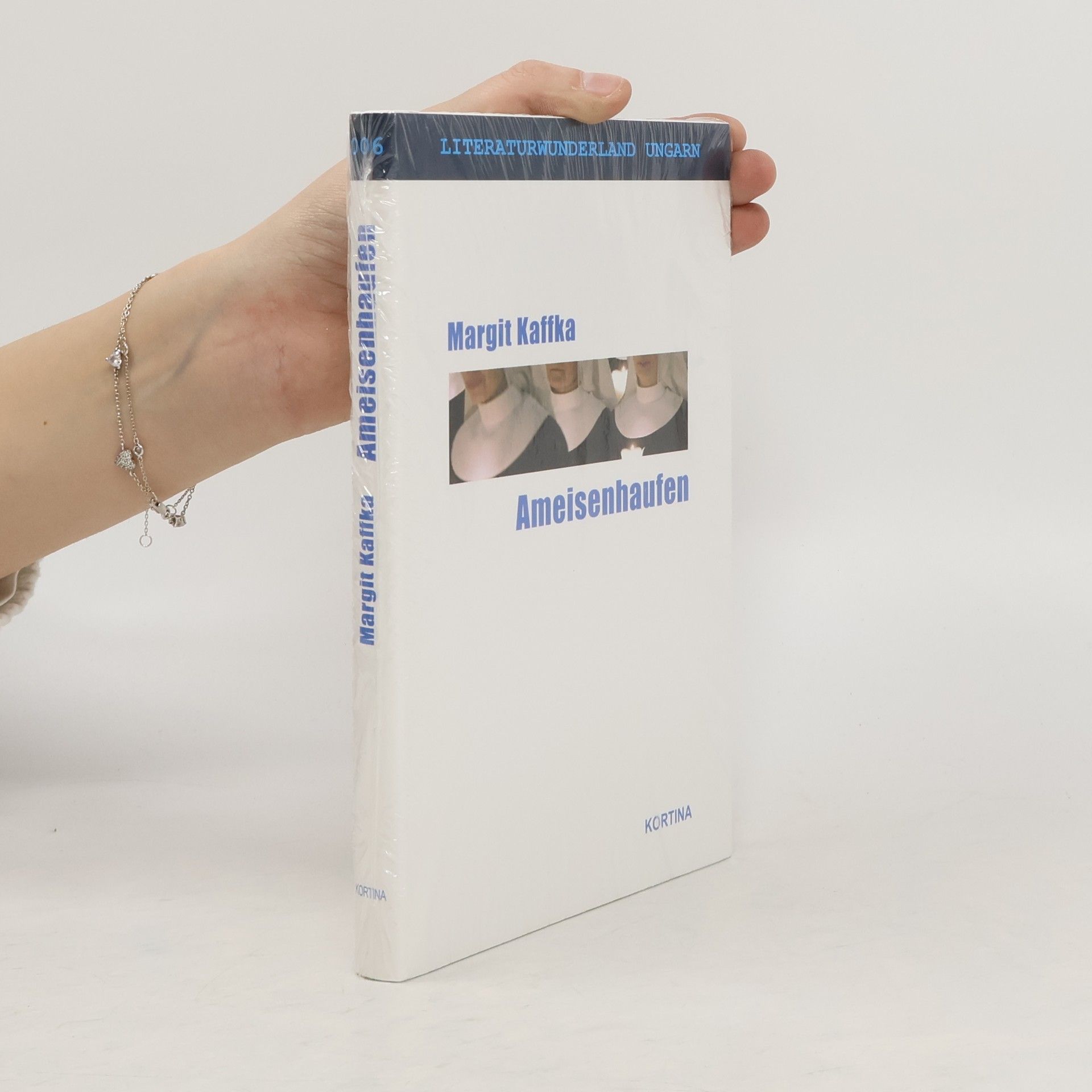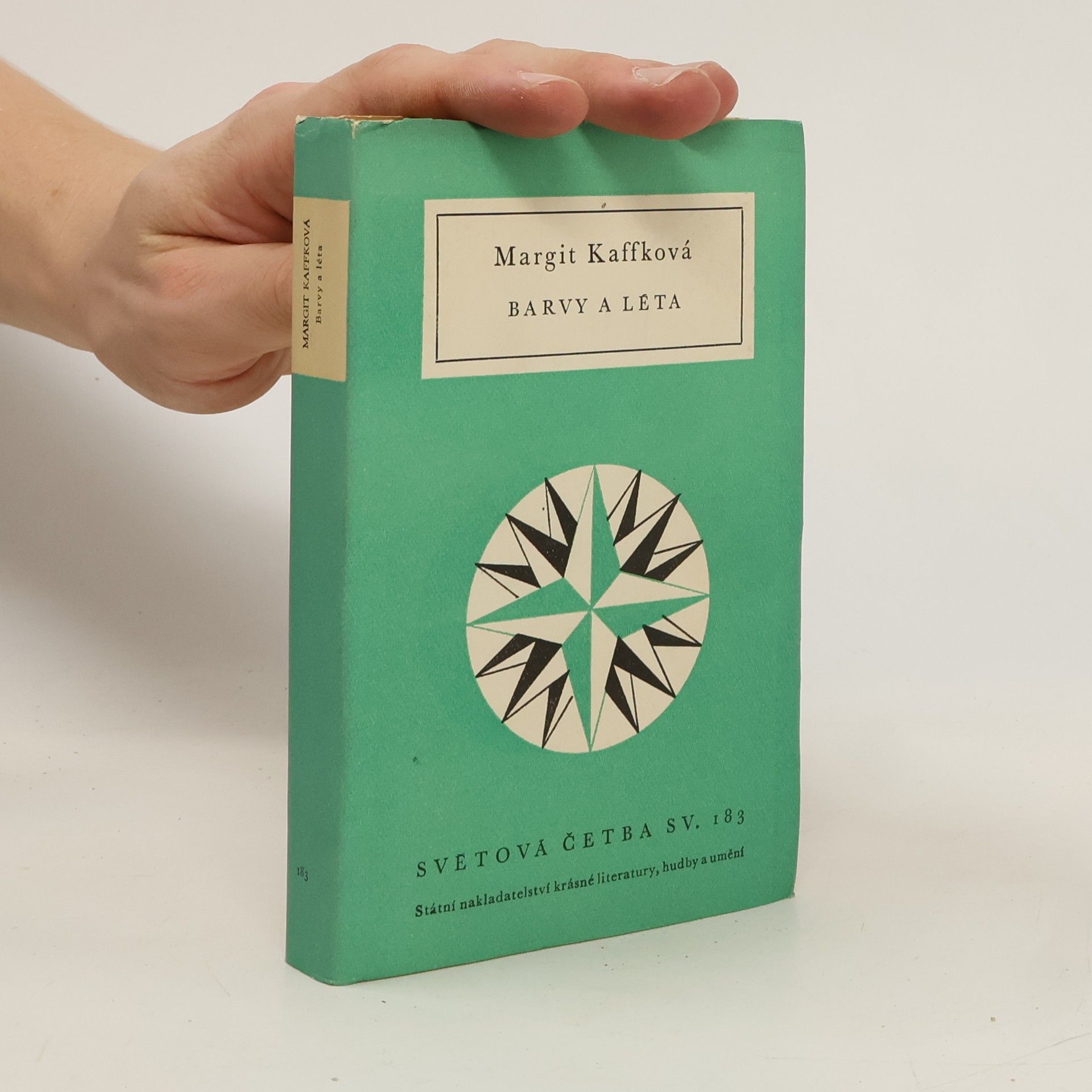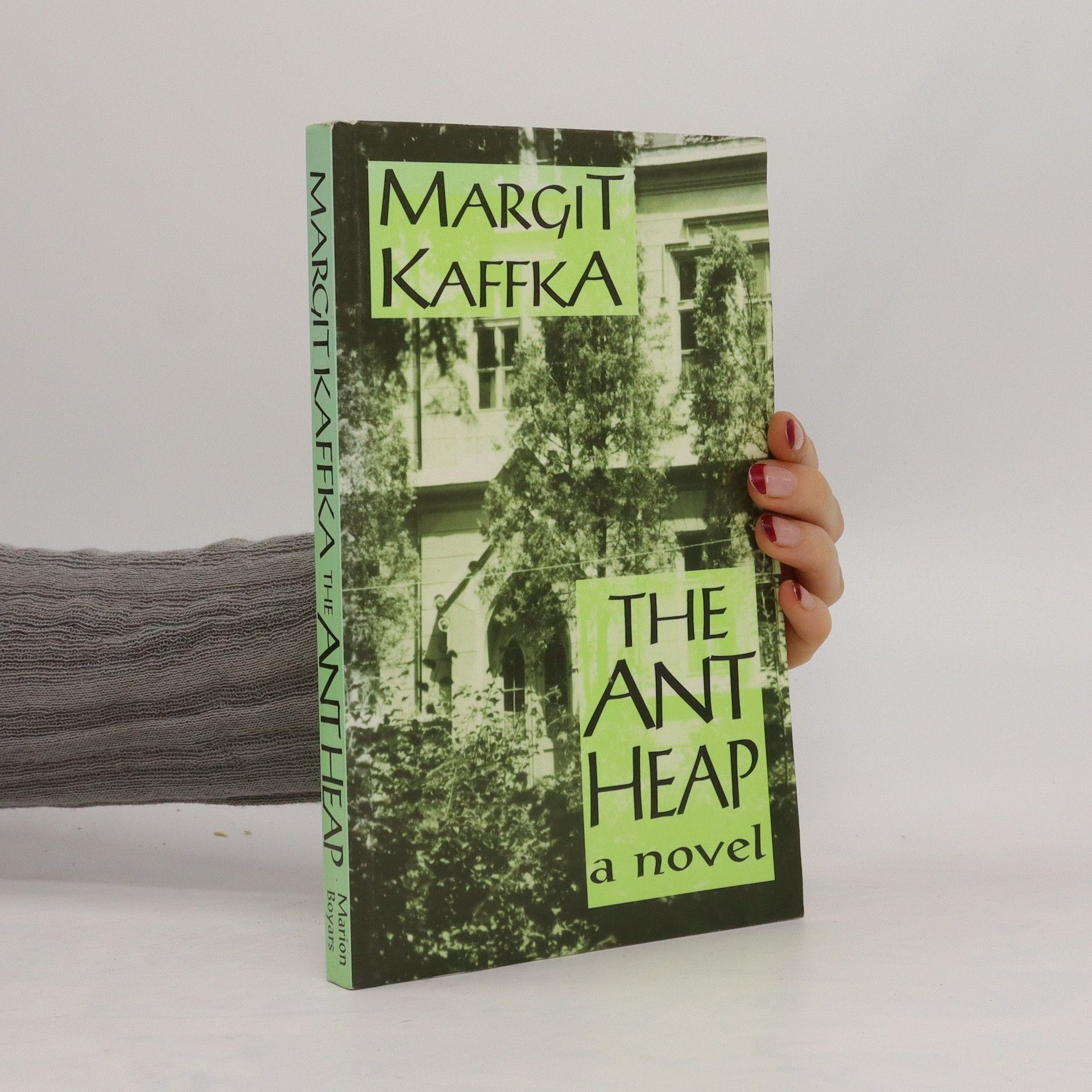A lyrical evocation of convent life in Hungary at the beginning of the century, making the point that for some it is a straightjacket, while for others a refuge in defense of their faith. In the struggle for control of this refuge, modern ideas clash with religious observances, as does youth and age. The novel portrays the love of the girl pupils for the boys waiting for them in the outside world, and that of nuns and novices for each other
Margit Kaffka Livres
Margit Kaffka fut une écrivaine hongroise de premier plan, reconnue comme une voix significative de sa génération. Ses récits ont principalement exploré le déclin de la noblesse et les luttes multiformes auxquelles étaient confrontées les femmes indépendantes au tournant du siècle. Kaffka puisait fréquemment dans ses souvenirs personnels des crises nationales et les contradictions sociales flagrantes de la vie hongroise. Son style littéraire distinctif capturait avec brio l'essence de son époque et l'impact profond du changement social.





Román maďarské autorky o neradostném životě a dvojím manželství příslušnice zchudlé šlechtické rodiny, která volí své partnery v duchu buržoazní společenské konvence a podle přání příbuzenstva.
Ihre eigenen Erlebnisse in einer Klosterschule dienten der Schriftstellerin Margit Kaffka als Vorlage für diesen Roman, der zum Klassiker der ungarischen Literatur wurde. In der Figur der gewitzten Erzsi Király, die sich letztlich gegen alle Widerstände durchsetzt, hat sie ihre eigenen Sehnsüchte nach Selbständigkeit und Freiheit dargestellt. Erzsis frische, nüchterne Lebensauffassung, ihr Lebenshunger stehen im Gegensatz zur Scheinheiligkeit und Unbeholfenheit der Nonnen. Kaffka zeichnet ein sinnliches, atmosphärisch dichtes Panorama des „Ameisenhaufens“ Klosterschule.
Román s autobiografickými prvky líčí vzpouru dívky z měšťanské rodiny proti tradiční výchově, která ji připravuje pouze pro manželství.